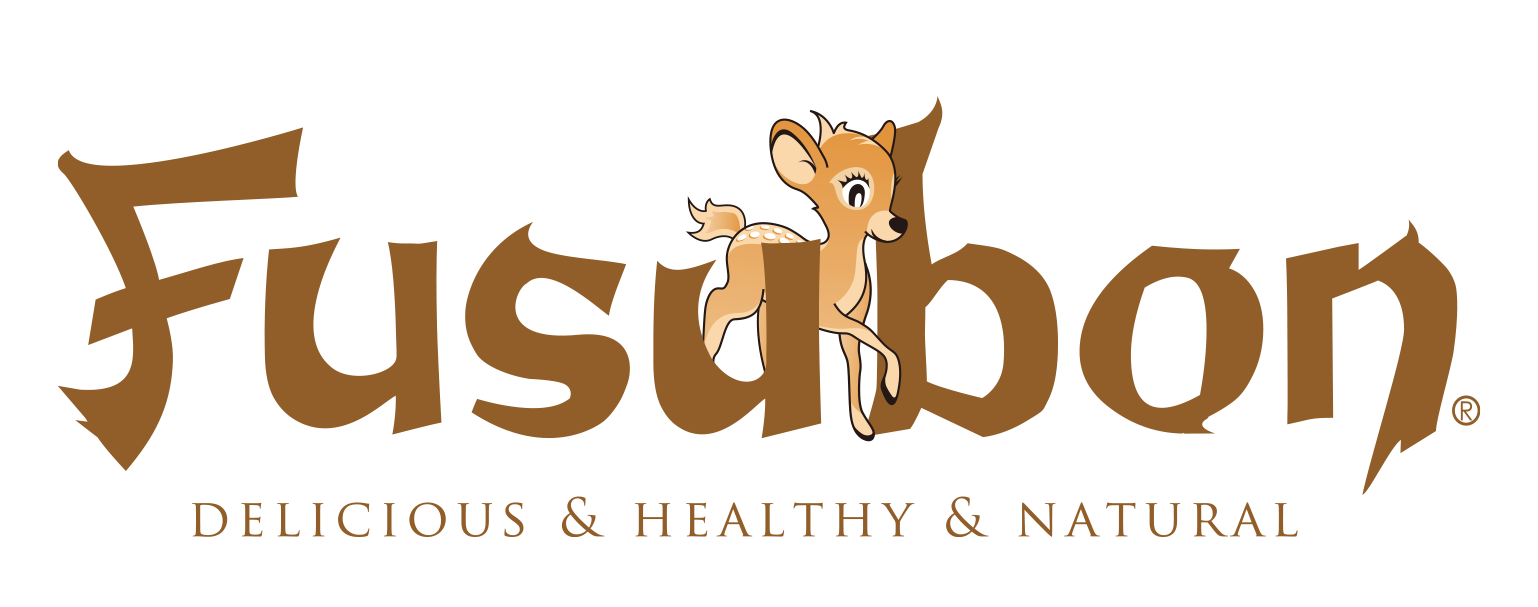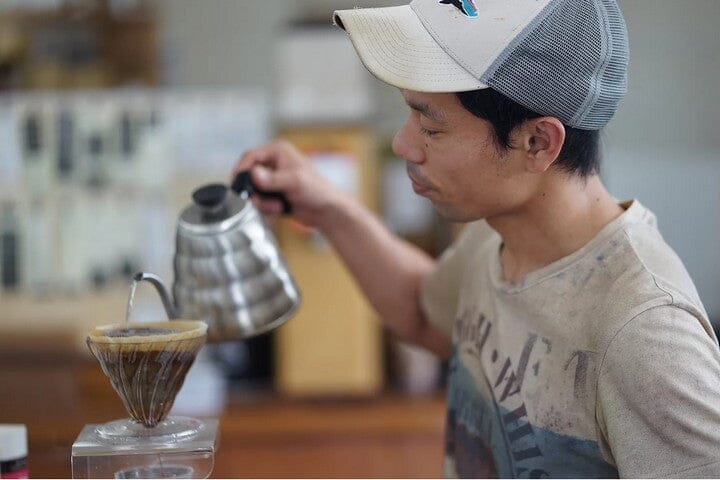 Masao Inui, Wako Coffee, has been in the coffee industry for a long time.
Masao Inui, Wako Coffee, has been in the coffee industry for a long time.
A look back at the coffee industry
(Kawatani) Hello! Today, I have a friend from elementary school, Inui-kun (Masao-chan), from the coffee bean specialty store Wako, visiting me.
Today, as I am speaking with a former classmate, I will be speaking in a more casual tone. I would like to ask you about Wako once again.
I think it started in your father's generation, so I'd like to hear more about it, including what the trigger was.
(Inui) Hello! This is Inui from Wako!
When my father was working for a canned goods trading company, he got in touch with a supplier of green coffee beans, and in 1979 he started a coffee shop with its own roasting service and retail sales of coffee beans in Tondabayashi.
At that time, the number of privately owned coffee shops was increasing rapidly, we were receiving wholesale orders, and coffee beans were starting to sell quite well.
From there, I closed the coffee shop and started a company that only sold coffee beans.
When employees decided to go independent, they would open branches of their own businesses, and the number of directly managed retail stores also increased.
Before that, shipping costs were high and I think they only delivered gifts or other high-priced items to private homes.
They offered a free delivery service to private homes on the route to wholesalers and their own stores, and would ship to local areas free of charge for orders of 1kg or more of coffee beans.At the time, it was still common for people to go directly to a store to buy products for personal consumption, so I think customers were very happy about this.
(Kawatani) I see. Wako had a lot of energy back then.
I'd like to know what has happened since Masao joined Wako.
(Inui) The early 2000s was the time when local coffee bean stores selling regular coffee online began to appear.
When I ordered online, I was able to enjoy quality beans and freshness after roasting, things that we take for granted now, but at the time they seemed really innovative .
When I joined Wako, we were receiving a lot of orders during the bubble period, so we started outsourcing the roasting that we had previously done in-house.
He decided to switch to in-house roasting, a key technique for coffee beans which already have limited scope for processing, and decided to go outside to train and study.
It's been almost 15 years since I started experimenting with different beans and roasting methods.

Changes in added value of beans and coffee in the coffee industry
(Kawatani) Hmm. Masao-chan often teaches me about coffee, so I've become quite knowledgeable about it (laughs). Looking back at the coffee bean sales we've had up until now,
- Whether they roast their own coffee or not, and what kind of roaster they use
・Attention to bean varieties
-Which farm is it from (including organic)?
- How the fruit is left in (distinguishing based on how the beans are washed)
・Differences in brewing methods and brewers
・They've been competing to add value to the product within a narrow processing range , such as with package design, and have finally reached the stage where they're competing over the story of who made it, but the world of regular coffee seems to be exhausted, including in terms of PR.
What are your thoughts on your next move as Wako? (Inui)
Properly extracted coffee or espresso
The first is the freeze-drying concept
The second point is the brewery concept
I think it's these two.
(Kawatani) Something new! (laughs)
The first type of coffee, freeze-dried coffee, is produced by large companies, but can small companies also produce it?
Is there any advantage to producing small batches?
(Inui) There is still a certain market for freeze-dried coffee, even now when you can easily get freshly brewed coffee at a convenience store and high-quality coffee is popular.
Even though the scale is shrinking, the market is still monopolized by two companies, AGF and Nestle.
Even though the regular coffee market is expanding, the number of companies entering the market is only in the tens of thousands.
So I wanted to shake up the world of instant coffee.
As for the freeze-drying machine, I am only planning to purchase the vacuum pump, and I am planning to make my own airtight container out of thick acrylic.
We are currently coordinating with various external organizations.
Freeze-dried coffee made by major companies is different from the hand-drip style of extraction that most people imagine; simply put, coffee beans are placed in a large pot, mixed, and extracted.
If we were to make it ourselves, we could be particular about the extraction method and create a variety of flavors, which I think would be our strengths.
I'm also considering freeze-drying espresso.
You can enjoy the portability and stylish packaging, like dropping espresso cubes into milk and drinking it.
The possibilities are endless.
(Kawatani) I see. That's amazing.
I would definitely like to try it if possible.
It's nice to be able to drink a real cafe latte just by adding milk.
Please tell me more about your brewery plans!
(Dry) Commercially available iced coffee is made in the same way as freeze-dried coffee, by putting coffee beans in a pot and then filtering the beans out later.
The taste inevitably becomes bland, so it's impossible to make iced coffee that brings out the flavor.
In that regard, what we do is we can fill small batches of drip coffee, which enables us to create products to suit a variety of situations.
I think we can create something interesting, including the bottle packaging and the contents.
(Kawatani) That's so cool! (laughs)
I'm looking forward to everyone trying it at our Daikanyama store. I look forward to hearing more about it.
Currently, at Fusubon, we use espresso made by Wako for our tiramisu.
I'm planning to make coffee jellies using Wako's iced coffee in the future, so please look forward to it! See you next time!
↓Click here for Wako's homepage↓


